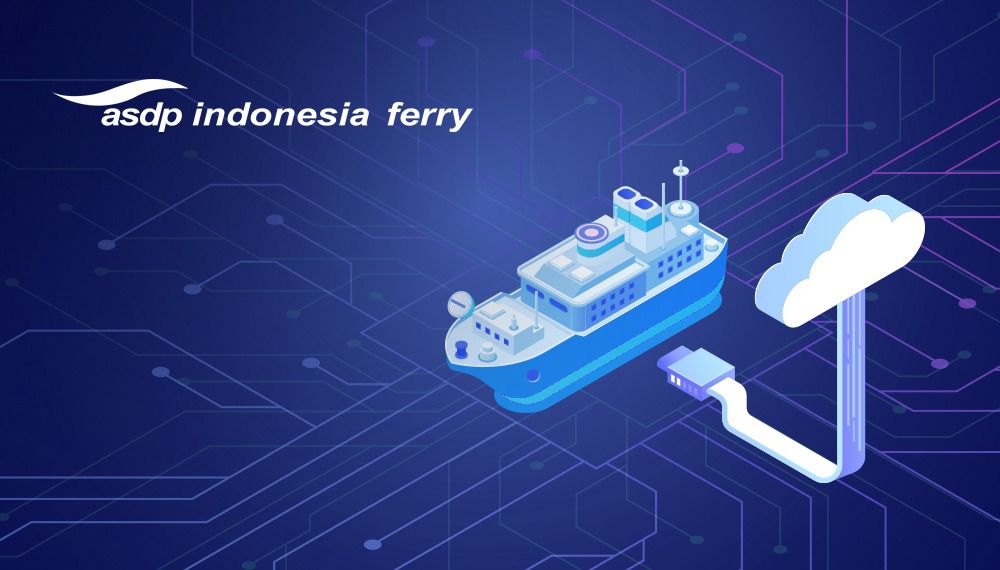Interconnection Services in Colocation Data Centers: Why They Matter

Modern business practices require multiple parties to interact across multiple fields over multiple mediums, and strong connectivity has become a major requirement in the business world. Colocation providers, as one of the most in-demand enablers in the global digital economy, are required to provide reliable, secure, and scalable connectivity for their customers. Interconnection is a solution they offer. Interconnection services allow colocation providers to create a customized solution for each customer and their business’ requirements, adding a significant value to colocation providers. So, what is data center interconnection and why does it matter?
What is interconnection?
Interconnection refers to the private data connections, both virtual and physical, between businesses that enable high-quality data exchange. The main objective of interconnection is to allow data exchange at extremely high speeds yet at low cost by reducing two things: the latency of public networks and the cost of private dedicated connections.
For decades, interconnection has been a significant part of the colocation data center industry as it takes advantage of the fact that colocation facilities are optimized to house multiple parties.
Colocation data centers provide a space for various digital players — network providers, cloud providers, content providers, and other types of enterprises — to host their physical infrastructure. Interconnection allows these parties to connect and efficiently exchange traffic with one another through several different mediums.
What are different types of interconnection?
The interconnection architectures and services have been changing from time to time, and there are currently four most popular types of interconnections.
Cross Connect
A cross connect refers to a physical, hardwired cable that provides a direct connection between two different termination locations within a colocation data center. Through this direct connection, cross connects allow colocation customers to establish dedicated connectivity, experience high performance and reliability, and reduce latency.
Inter-site Connectivity
Inter-site connectivity allows communications between campuses in a colocation data center’s network. With inter-site connectivity, colocation customers can access any provider they need while growing without too many restrictions within an interconnection-dense facility.
Blended IP
A Blended IP service combines multiple upstream carriers and ISP providers within a colocation facility. The objective is to create highly reliable connections through a fully redundant network architecture, providing the highest data transfer speed and the best performance across providers.
Internet Exchange
An internet exchange (IX) is a physical infrastructure within a colocation facility which allows customers to interconnect directly and exchange Internet traffic through peering without having to rely on third-party networks to carry the traffic across the Internet for them. Direct peering essentially keeps traffic local to avoid the latency caused by long distances and multiple internet hops. Typically, customers can interconnect in two ways: bilateral peering (the traffic is exchanged privately between two parties) and multilateral peering (the traffic is exchanged between more than two parties).
Why use interconnection services from a colocation provider?
The main benefits of using interconnection services from a colocation provider are, as mentioned before, data transfer speed, connection reliability, and minimal costs. However, there are three other reasons why customers should consider these services. First, through interconnection, they will have direct access to a wide range of third-party services in the same facility. Second, many colocation interconnection services are connected directly to undersea cables, enabling the fastest possible data exchange with partners in other countries. Third, customers with multiple websites and multi or hybrid cloud architectures can manage their providers through a single console as well as consolidate billing.
Most colocation providers today offer various interconnection services to ensure the convenience of their customers. neuCentrIX, for example, offers neuCentrIX Internet Exchange (NCIX) so their tenants can directly connect and exchange traffic locally. With all the benefits it offers, NCIX has added a significant value to neuCentrIX as one of Indonesia’s leading colocation providers.

















